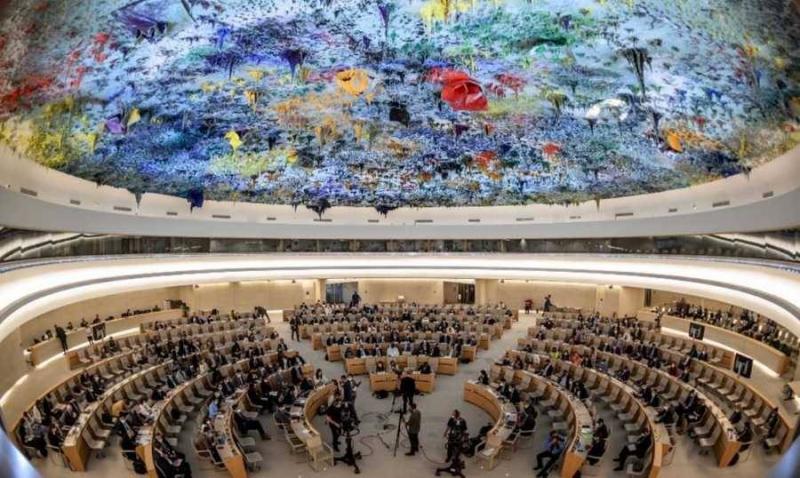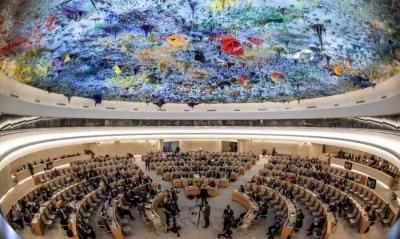Walid Faris issued a statement from Washington saying: "The promotion of narratives claiming that the Lebanese government is seeking to subject Resolution 1701 to Chapter Seven is, in fact, at the request of the Iranian militia and is aimed at undermining the hopes of the Lebanese people who call for Chapter Seven. The reality is that the Security Council was not practically working on placing the resolution under Chapter Seven. Rather, the Iranian axis claims that the matter was 'on the table' and that the government is resisting it to portray itself as having won a fictitious battle. Neither the United Nations was in this context, nor did the Lebanese government 'drop it.' It is a battle of windmills that didn't occur at all. However, Hezbollah is undertaking a preemptive diplomatic and media strike to convey a message to the Lebanese opposition that Lebanon’s friends in America are unable to impose Chapter Seven on Resolutions 1559 and 1701.
The truth is that the Secretary-General can put the Chapter Seven file on the Security Council agenda in two cases: first, if major incidents occur in the country, and second, if a significant entity within Lebanon requests this direction. With the issuance of a media statement signed by dozens of Lebanese parliament members demanding the implementation of Resolutions 1559 and 1701, the mechanism for the official request for implementation has become closer to reality. This has led the party to pressure the government to engage in such media circumvention, anticipating any parliamentary petition in this direction.
Therefore, our advice to the opposition MPs is to seize the opportunity and issue a statement calling for practical steps to introduce Chapter Seven into the two resolutions, and even to send a memorandum in this regard to the Secretary-General of the United Nations. The initiation of placing Chapter Seven on the table now begins with a parliamentary request, even if it is a minority."




